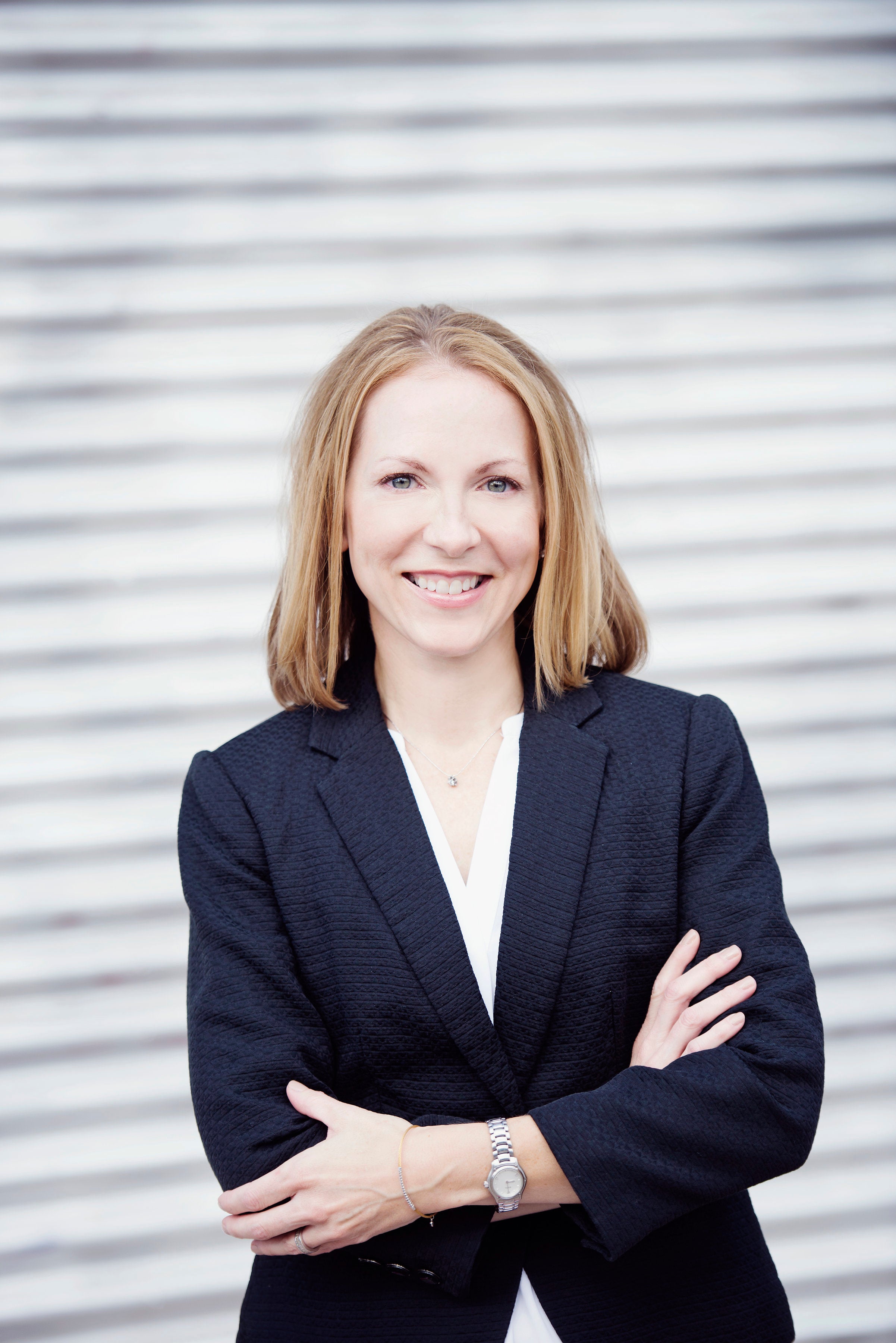New associate director sees research from ASU's Morrison Institute helping to inform policy-making

“ASU research has purpose and impact,” states one of the eight design aspirations of Arizona State University. Melissa Kovacs, the new associate director for research at the Morrison Institute for Public Policy, brings an entrepreneurial mindset to the job, emphasizing that the work fulfills that institutional objective.
“The entrepreneurial mindset is thinking about who the end consumer is, and our product is our research — evidence-based, data-driven research — that we want to get to everyone who could possibly use it,” said Kovacs, who was named to the post last month.
Melissa Kovacs is the new associate director for research at the Morrison Institute for Public Policy at ASU.
The Morrison Institute for Public Policy is a nonpartisan research center that’s housed in the Watts College of Public Service and Community Solutions at ASU. The center includes the Latino Public Policy Center and the Kyl Center for Water Policy, and last year it completed a multi-year, five-part report on child neglect as well as an analysis of voting trends.
“The work that comes out of Morrison informs everyone from voters to academics to policy-makers and community leaders, and I’m looking at continuing that and amplifying it and making sure that everything is digestible and accessible to all of these groups,” she said.
Kovacs founded FirstEval, a data analytics and statistics consulting firm, and is former research director for Maricopa County's Justice System Planning and Information department, where she oversaw research and evaluation projects of the criminal justice system.
“What makes me excited is when you see decision-makers and policy-makers act on evidence-based research,” she said. “When the research is done, there is a conclusion and there’s a finding and you see that guiding the decision-making: That’s my bliss.”
Arizona has some policy challenges, she said.
“It’s a tough state to be a child, which is my own personal lens,” she said. “But that also presents opportunities.”
She sees Arizonans as open to working together.
“I found that in Arizona, people are so open to collaboration and networking,” she said. “That’s an attitude I didn’t always see when I worked on the East Coast.
“And that makes for a great business climate and a great climate to accomplish things.”
Top photo: Downtown Phoenix glitters at night. Photo by ASU Now
More Law, journalism and politics
Can elections results be counted quickly yet reliably?
Election results that are released as quickly as the public demands but are reliable enough to earn wide acceptance may not always be possible.At least that's what a bipartisan panel of elections…
Spring break trip to Hawaiʻi provides insight into Indigenous law
A group of Arizona State University law students spent a week in Hawaiʻi for spring break. And while they did take in some of the sites, sounds and tastes of the tropical destination, the trip…

LA journalists and officials gather to connect and salute fire coverage
Recognition of Los Angeles-area media coverage of the region’s January wildfires was the primary message as hundreds gathered at ASU California Center Broadway for an annual convening of journalists…


